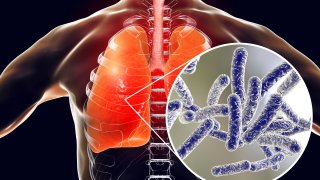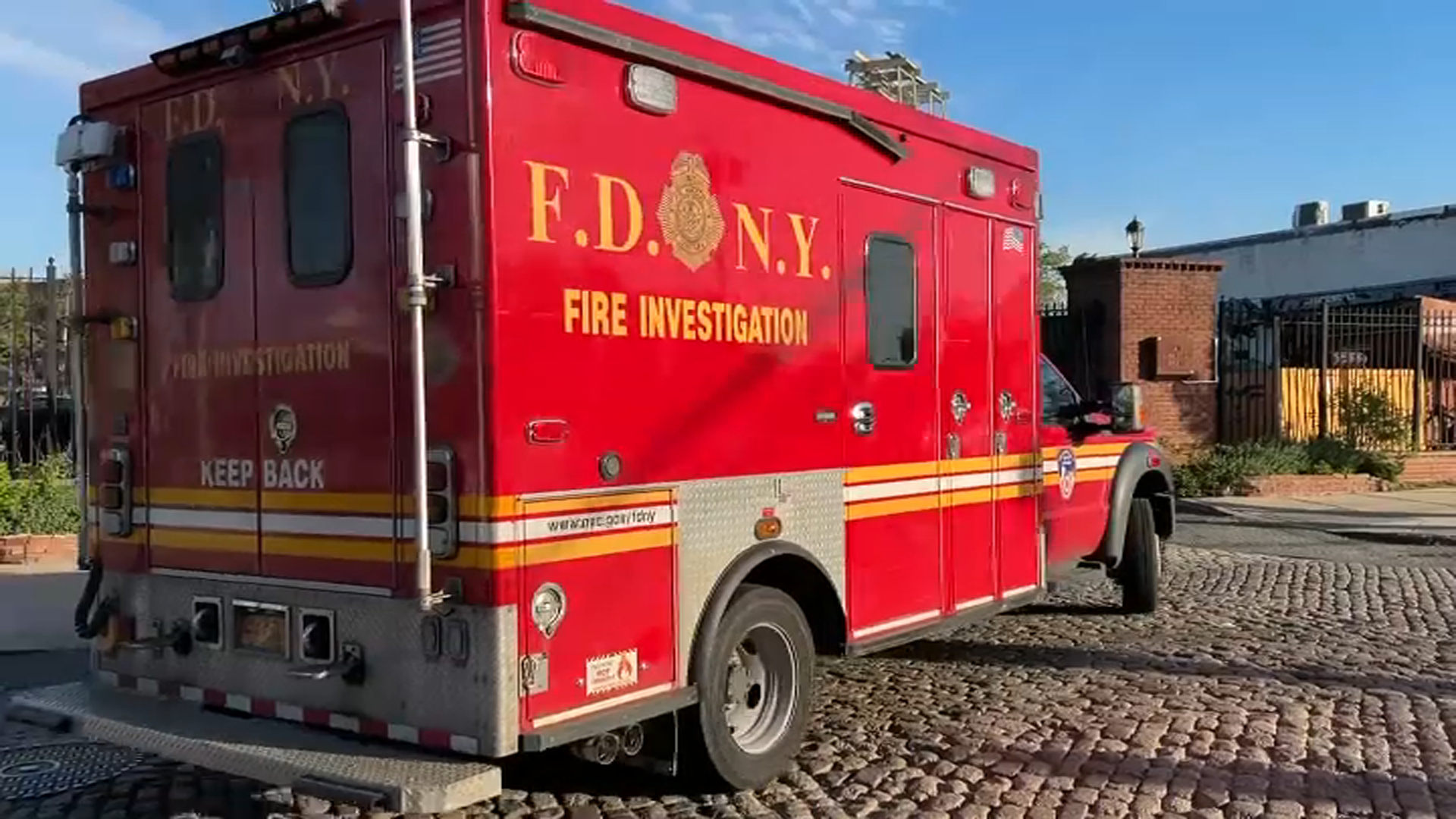
Health officials in New Jersey are warning of a Legionnaires' disease outbreak for part of the state that has sickened dozens.
The state's Department of Health said 21 people in Middlesex County and 20 people in Union County were sick and tested positive for legionella, the bacteria that leads to the disease. The tests were conducted between Aug. 3 and Oct. 24, when the onset of symptoms occurred.
Typically, Middlesex and Union counties only see about six to eight confirmed Legionnaires' cases in that same time frame each year, health officials said. The health department is working with local officials to find the potential sources of the infections, which has not yet been established and can be difficult to track down.
"Early diagnosis is key to effectively treating Legionnaires’ disease,” said Acting Health Commissioner Dr. Kaitlan Baston. "Although the risk of contracting Legionnaires’ disease if you live in or have recently visited Middlesex or Union counties remains low, individuals who develop pneumonia-like respiratory symptoms should visit their health care provider immediately to be evaluated."
Get Tri-state area news and weather forecasts to your inbox. Sign up for NBC New York newsletters.
Health officials clarified that no deaths have been reported, just people falling ill. Anyone who does experience symptoms should seek medical evaluation as soon as possible.
The state gets about 250-375 cases of Legionnaires' disease each year, the health department said.
What is Legionnaires' disease?
News
Legionnaires is a type of pneumonia, or a lung infection, the state DOH said.
The legionella bacteria can also lead to a milder illness called Pontiac fever, which resembles flu-like symptoms.
How does it spread?
Legionella bacteria spread when someone inhales tiny droplets of contaminated water, commonly found in hot tubs, industrial air conditioning systems, decorative fountains, plumbing systems and even drinking water.
Outbreaks often occur in large and complex water systems found in places like hotels, hospitals, and cruise ships.
The bacteria can also survive and spread in soil, occasionally causing infections when people garden using contaminated soil.
However, in most cases, people do not transmit Legionnaires’ disease or Pontiac fever to others.
What are the symptoms?
Symptoms of Legionnaires disease typically appear between two to 10 days after exposure to the bacteria and can include:
- Headache
- Muscle aches
- Shortness of breath
- Cough
- Fever
The New Jersey Department of Health noted that the symptoms can be similar to those of COVID-19 and other respiratory illnesses like the flu. Only tests ordered by a doctor can confirm a diagnosis.
Who is at higher risk?
Those most susceptible to Legionnaires’ disease include adults over 50, individuals with weakened immune systems or chronic conditions, and smokers.
It is rarer for healthy people who are exposed to the legionella bacteria to develop Legionnaires' disease.
Can it be treated?
Antibiotics are used to treat Legionnaires’ disease, though it often requires hospitalization.
Anyone suspecting exposure to Legionella or experiencing symptoms of Legionella disease or pneumonia should promptly contact a doctor. It’s important to mention any exposure to Legionella, hot tub use, recent travels, or hospital stays in the past two weeks.
For more information on Legionnaires’ disease, visit the CDC website.



